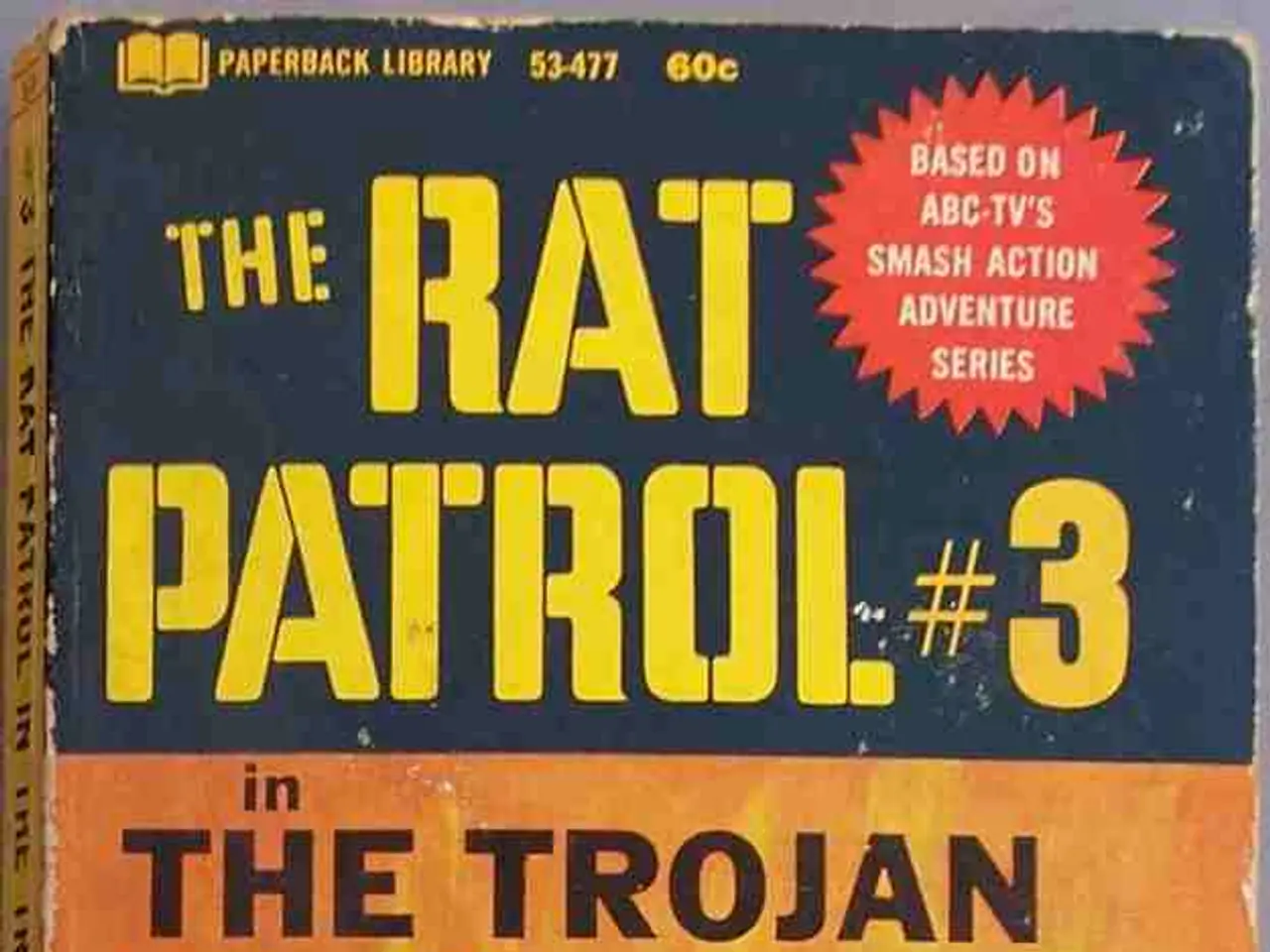U.S. Military Expands Counter-Drug Efforts in Latin America
Over 4,000 more military personnel to be sent to Latin American waters by the U.S., a move spearheaded by Trump as part of his campaign against drug cartels.
The United States military, under the leadership of President Donald Trump, has taken significant steps to combat Latin American drug cartels. A Marine Expeditionary Unit (MEU) is currently deployed and stands ready to execute lawful orders and support combatant commanders as needed.
The U.S. military's expanded options include the deployment of naval warships near Venezuela and Mexican waters, authorizing potential strikes against cartels designated as foreign terrorist organizations, and increasing military presence in the region. This includes the stationing of guided-missile destroyers like USS Gravely, USS Spruance, USS Jason Dunham, and USS Sampson, and the positioning of approximately 4,000 naval personnel and Marines to support counter-narcotics missions.
The strategic deployment of U.S. naval forces throughout Latin America implies operational use of vital maritime chokepoints such as the Panama Canal to facilitate rapid naval movement and logistics. While direct explicit references are not detailed in the available sources, this deployment enhances the U.S. capability to strike cartels at sea, disrupt trafficking routes, and conduct interdiction missions effectively.
Training for Marines specifically in drug interdiction has been part of this expanded policy, focusing on disrupting the flow of fentanyl and other illegal drugs entering U.S. communities. The directive signed secretly by Trump authorizes targeted strikes and increased military action against cartels abroad, reflecting a substantial military escalation in the drug war.
However, this military approach has caused diplomatic tensions, especially with Mexico and Venezuela. Mexican President Claudia Sheinbaum has rejected direct U.S. military intervention, respecting Mexico’s sovereignty, while U.S. deployments near Venezuela have heightened tensions due to accusations against Venezuelan leadership of cartel collaboration.
The deployment gives U.S. military commanders and the president a broad range of options should Trump order military action. The deployment is part of a broader repositioning of military assets to U.S. Southern Command, with additional assets being moved now to support SOUTHCOM for at least the next several months.
The US military has also deployed destroyers around the U.S.-Mexico border in March to support US Northern Command's border security mission. The US Navy announced the deployment of the USS Iwo Jima, the 22nd MEU, and two other ships in the Amphibious Ready Group, but did not disclose their destination.
If the Marines are tasked with drug interdiction, they will have to rely heavily on the Coast Guard. However, concerns have been raised among some defense officials due to the Marines not being trained to conduct drug interdictions and counter-drug trafficking. The military buildup is primarily a show of force, aimed at sending a message rather than indicative of any intention to conduct precision targeting of cartels.
The US military's foremost priority, as stated in a memo signed by Defense Secretary Pete Hegseth, is to defend the homeland and seal the borders. The MEU was previously stationed in the eastern Mediterranean amid tensions between Israel, Hamas, and Iran. Additional assets, including a nuclear-powered attack submarine, P8 Poseidon reconnaissance aircraft, several destroyers, a guided-missile cruiser, are being allocated to US Southern Command. The same memo formally asked Pentagon officials for "credible military options" to ensure unfettered American access to the Panama Canal.
The additional assets are aimed at addressing threats to U.S. national security from specially designated narco-terrorist organizations in the region. This represents a marked intensification of the U.S. military role in counter-drug efforts in Latin America as of 2025.
References:
- The Washington Post
- CNN
- The New York Times
- The expanded counter-drug efforts by the U.S. military in Latin America, led by President Donald Trump, also involve combating war-and-conflicts linked to drug cartels in the region, as reflected in the authorization of potential strikes against cartels designated as foreign terrorist organizations.
- Meanwhile, these increased military actions in Latin America, as part of the broader repositioning of U.S. Southern Command, are reflected in the general-news of diplomatic tensions with countries like Mexico and Venezuela, who have expressed concerns about perceived intervention in their sovereign territories.





